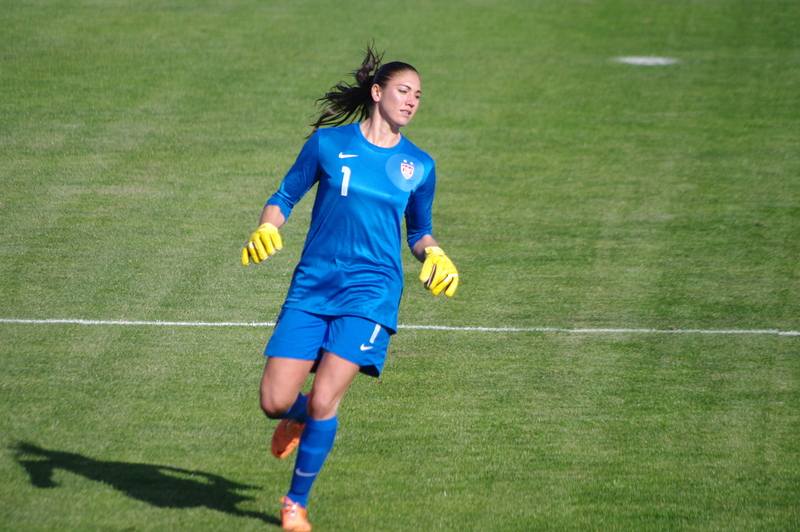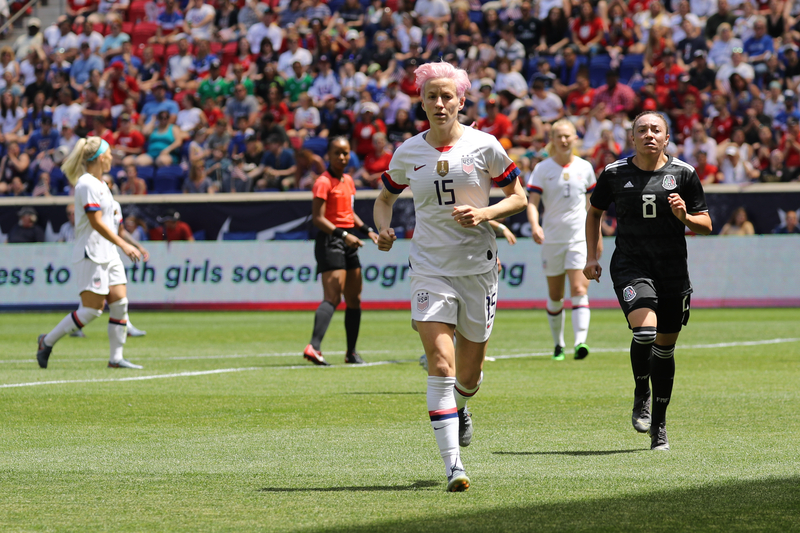Last updated on November 8th, 2023 at 10:12 am
A soccer cap, or international cap, is a tally of the number of international games a player played in during their career. Soccer caps can occur for the following reasons.
- Olympic soccer matches
- Olympic qualifying matches
- International friendly matches
- Games to qualify for the World Cup
- FIFA World Cup matches
- Continental competitions
How Does a Soccer Player Earn an International Cap?
A soccer play earns a cap during an international match when they appear during the game. For example, your national team (England) is playing against (Scotland), and you get a cap when you make an international appearance in the game.
However, if you don’t enter the international game, you don’t get a cap even if you travel to the game. For example, you can play for Arsenal or Manchester United and be selected to play for England, but you don’t get a cap if you don’t appear in the international soccer match.
Can Players Who Enter the Game as a Substitute Earn a Cap?
Yes, a player who comes off the bench to play via a substitution during the international soccer game receives a cap. It doesn’t matter if they don’t even touch the soccer ball during the game. They get a cap as long as they are on the field during the match.
Why are Caps Important?
Caps are important because they represent their national team’s best players playing on the biggest stage in soccer. The cap helps distinguish the players on the field during the international match vs. those on the bench. Playing soccer on the biggest stage receives special recognition, which is why they get this marketing on their stats page.
Outside of soccer, cricket still awards physical caps during their games. Like soccer, cricket also recognizes players playing on their national team on the biggest stage.
Can Players Earn Caps for Different Teams over their Career?
Yes, soccer allows international players to receive caps for different teams. With the rule change in 2020, players can move to different international teams and thus earn caps from numerous organizations. You can read more about the rule changes from Sports Illustrated and Section 5.2 for the Federation of Football Association.
What Does First Cap Mean in Soccer?
The first cap means that the soccer player is making their first international appearance during a soccer game.
Who Has the Most Caps for Men’s Soccer?
Soh Chin Ann has the most caps in men’s soccer at 219. Bader Al Mutawa is second place, and third place is currently a tie. The tie in the third place is between Ahmed Hassan and Cristiano Ronaldo. Check out the most up-to-date list of caps since some of the players on the list might still be actively playing.
Who Has the Most Caps for Women’s Soccer?
Kristine Lilly holds the most caps for soccer at 354 as of January 2022. In second place is Carli Lloyd at 316, and in third place is Christie Pearce at 311. Check out the complete list of cap leaders in women’s soccer, as some of the names on the list are still playing today.
Conclusion: What is a Cap in Soccer?
In summary, a cap in soccer represents the number of times a player made an appearance during an international match. What began to separate Scotland and England players in 1872 has turned into something much more significant over the years. Getting a cap is an officially recognized achievement for any player on the world stage.
Representing your country in soccer is truly an honor and being on the field during a match requires special recognition. That special recognition is a player’s cap total and helps separate the best players in the game.
Similar Posts:
What is a Penalty Kick in Soccer?
What is a Corner Kick in Soccer?
What is a Friendly Match in Soccer?
How Long is Halftime in Soccer?
Greg Kristan, owner of The Stadium Reviews, LLC and TM Blast, LLC, brings his extensive experience visiting over half of the MLB ballparks, along with numerous MLS, NHL, NBA, and NFL venues, to provide in-depth coverage on the bag policy, food options, and parking. He has also been interviewed about his experiences on several sports podcasts.






